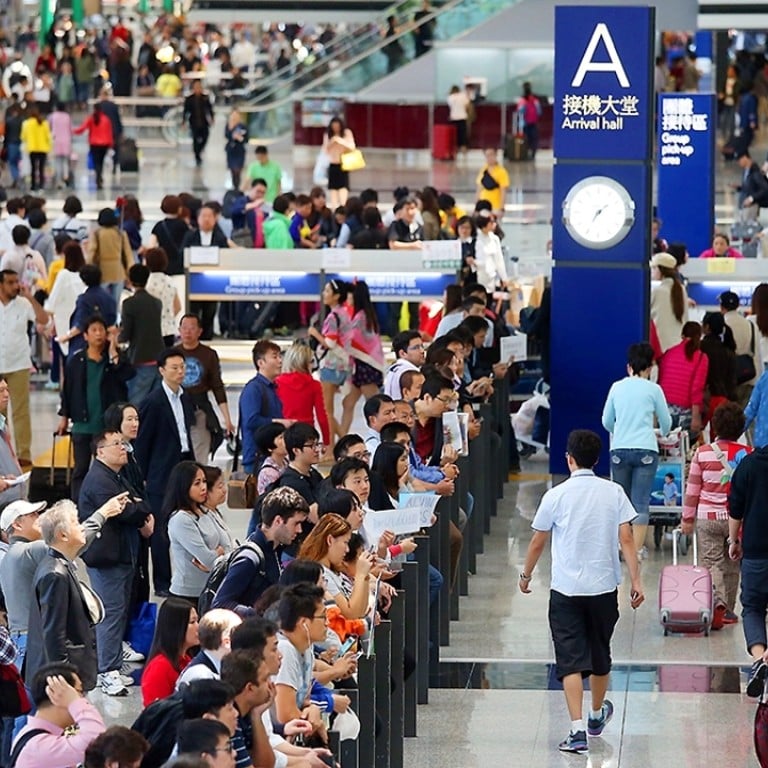
Speed up review of Hong Kong’s asylum system to stamp out abuse
But withdrawal from UN convention will send the wrong signal to the world that Hong Kong is rolling back on human rights’ safeguards
Asylum seekers have long been an issue of concern to Hong Kong people. Thanks to a liberal and compassionate environment, many foreigners have already sought refuge in our city, claiming they are under torture or threats elsewhere. Evidently, not all of them are genuine refugees. Some are believed to be taking advantage of our system to look for a better living.
The overhaul on the handling of non-refoulement is therefore warranted. Recently, there have been signs of abuse, with claims tripling to an average of 440 per month. Taxpayers are paying some HK$600 million a year for the screening and handouts to claimants. With more than 10,900 cases still pending at the end of last year, the burden is a cause for concern.
The Security Bureau is adopting a multi-pronged approach, including a review of the visa-free policy for relevant countries, introducing pre-boarding checks at overseas airports to deter arrival of economic migrants, and updating the definition of “unauthorised entrants” under the Immigration Ordinance for more effective penalties against human smuggling syndicates. These are necessary steps to guard against abuse.
READ MORE: Rights groups alarmed by Hong Kong chief executive’s remarks on pulling out of UN torture treaty
Some attributed the problem to Hong Kong being a signatory of the United Nations Convention Against Torture. Asylum seekers may lodge non-refoulement claims on grounds including torture, inhuman or degrading treatment or punishment, and persecution. The chief executive has sparked worries when he said Hong Kong might withdraw from the convention if there was such a need. Although he was only responding to a reporter’s question and did not repeat the remarks again when pressed by other media subsequently, human rights groups are understandably worried by the negative implications. Currently, only some countries do not observe the treaty, including North Korea and Zimbabwe. Withdrawal would take away protection for everyone and send the wrong signal to the world that Hong Kong is rolling back on human rights’ safeguards.
It is true that many stuck here are living in appalling conditions. But how many of them are facing genuine threats back home remains unknown. Some asylum seekers have used different excuses to drag the process out, such as postponing a screening interview on medical grounds without proof and demanding the interview be conducted in a rare dialect. The abuses have not only added to the burden of the government, but also denied genuine claimants the necessary protection. The government should speed up the review to stamp out abuses.

